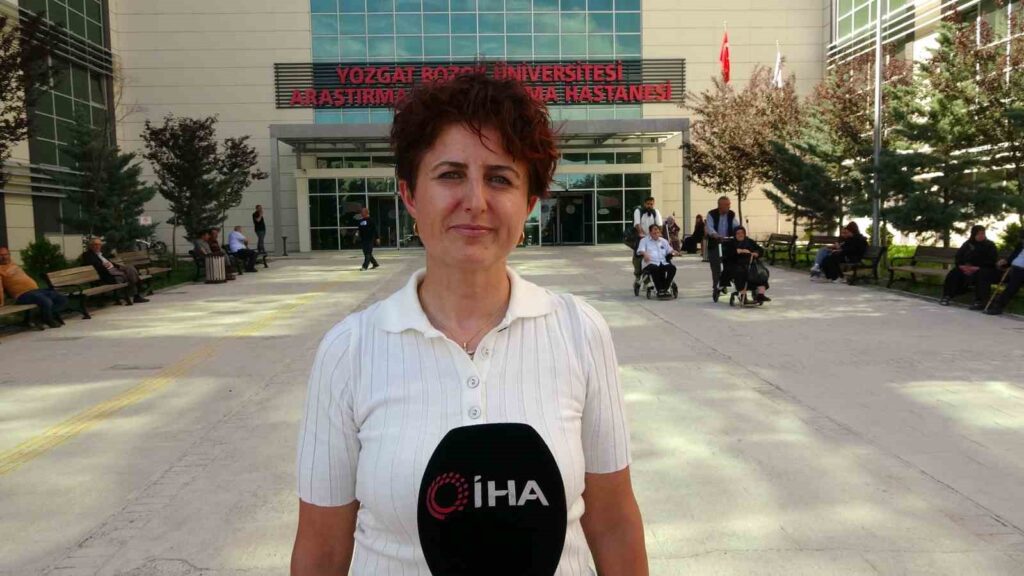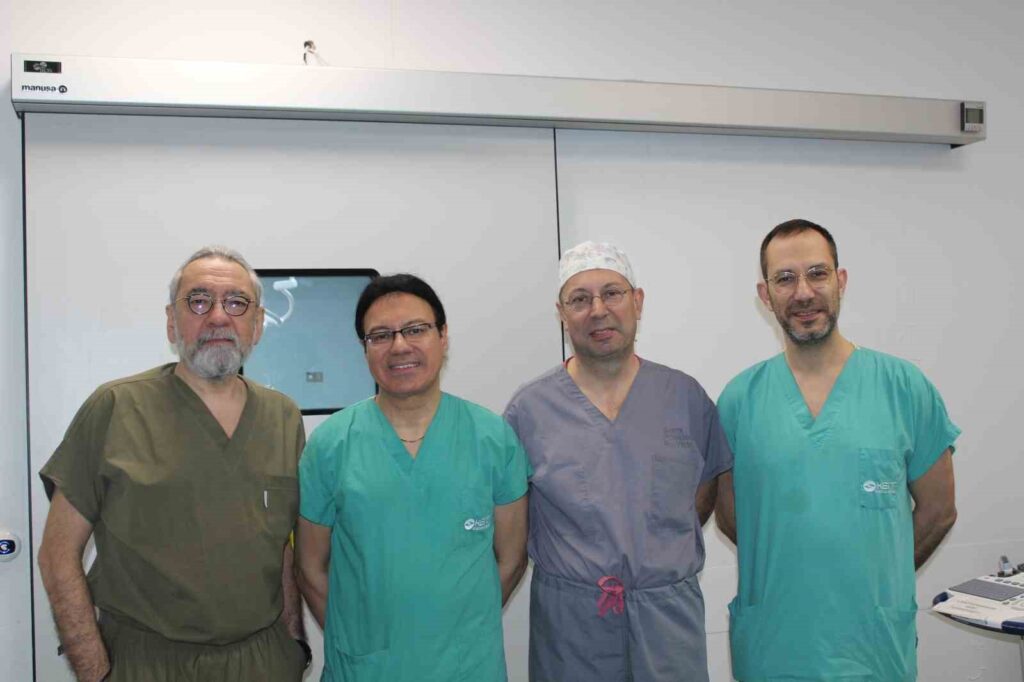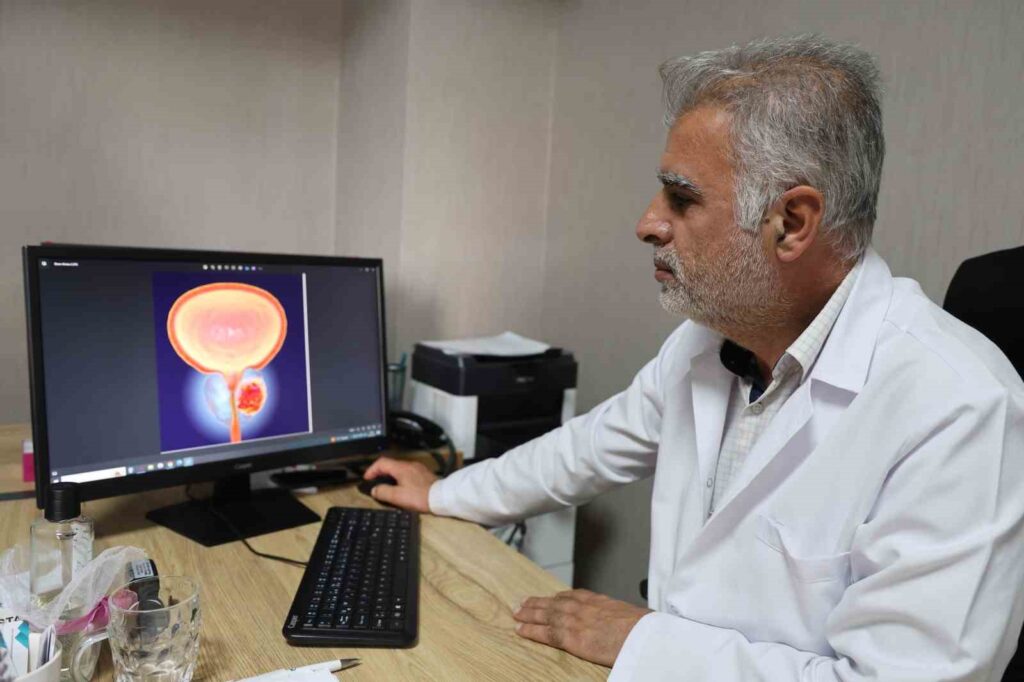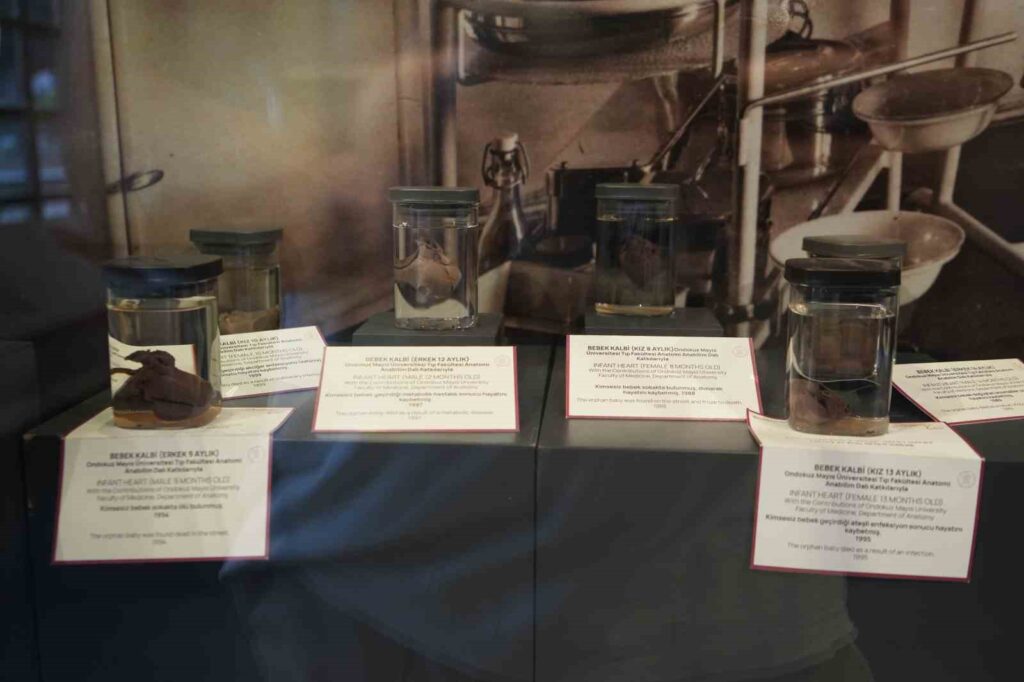The weather warmed up, the danger resurfaced
With the warming weather, Yozgat Bozok University Research and Application Hospital Department of Infectious Diseases and Clinical Microbiology Chairperson stated that there could be an increase in Crimean-Congo Hemorrhagic Fever (CCHF) cases, which are at risk due to ticks.

Professor Dr. Çiğdem Kader, Head of the Department of Infectious Diseases and Clinical Microbiology at Yozgat Bozok University Research and Application Hospital, stated that with the warming weather, there may be an increase in cases of Crimean-Congo Hemorrhagic Fever (CCHF) which is at risk due to ticks. ‘We obtained information that there were approximately a thousand risky tick contacts in Yozgat in 2024. However, it is not the case that all of these contacts will result in CCHF disease,’ she said.
Yozgat, one of the provinces where Crimean-Congo Hemorrhagic Fever (CCHF) is intensively observed, has seen an increase in tick cases with the warming of the weather after the spring season. Especially in rural areas, Crimean-Congo Hemorrhagic Fever poses a threat to human health. Experts warn residents in rural areas where tick cases are common to be cautious about ticks and take precautions.
Professor Dr. Çiğdem Kader, emphasizing that with the warming of the weather nationwide, Crimean-Congo Hemorrhagic Fever poses a serious threat to human health, said that the most effective method in combating ticks is prevention, early diagnosis, and treatment.
‘Do not touch ticks with bare hands’ Professor Dr. Kader expressed that Crimean-Congo Hemorrhagic Fever (CCHF) is a serious and potentially deadly disease that can be transmitted from animals to humans and is prevalent in the region. She stated, ‘This disease can be frequently seen in the spring and summer months when ticks are active. With the warming weather, as the risky tick contacts increase, we expect an increase in CCHF cases in the coming days. We obtained information that there were approximately a thousand risky tick contacts in Yozgat in 2024. However, it is not the case that all of these contacts will result in CCHF. If the tick carries the virus, the disease develops after contact with that tick. It is important for individuals to remove the tick from their bodies as soon as possible after tick contact. While doing this, they should use gloves, a piece of cloth, or a bag to remove the tick from their bodies as soon as possible. If they cannot remove the tick from their bodies, it is important for them to seek medical help. Afterward, they should monitor themselves for infection for 10 days and seek medical attention at regular intervals. If an early diagnosis is made, it is possible to recover from this disease with supportive treatment. However, when there is a delayed diagnosis, unfortunately, we can lose almost the majority of the patients. Prevention and early diagnosis are crucial here. With the activation of ticks due to the warming weather, the upcoming days may be risky.’
‘The sooner the tick is removed from the body, the lower the risk’ Professor Dr. Kader also mentioned ways to protect against ticks in rural areas. She said, ‘Our people engaged in agriculture and animal husbandry in rural areas or those who go for a picnic should prefer long-sleeved and light-colored clothing. Our citizens working in rural areas should tuck their pant legs into their socks and wear boots. After returning home from work, it is crucial for them to individually check every part of their bodies, especially areas like armpits, groin, and neck, for tick attachment because the earlier the tick is removed from the body, the lower the risk. In addition, it is important for them to seek the nearest healthcare facility.’
‘Small but causes big trouble’ Mesut Güngördü, engaged in animal husbandry in Çekerek district of Yozgat, stated that he had been receiving treatment at Yozgat Bozok University Research and Application Hospital for 10 days as a result of a tick bite. He said, ‘While dealing with animal husbandry in Çekerek district, I saw a tick on my arm, I had removed the tick from my arm. At first, I did not pay much attention. When I got home, I had a fever and nausea first. I lay down, rested. But there was a constant joint pain, I could not feel below my waist. I went to the district hospital and did not want to say that a tick had bitten me at first. They applied treatment, but when I returned home, the complaints recurred. This time, I told the doctors at the hospital that a tick had bitten me, they referred me to Yozgat. It was a very bad situation; I have not been able to recover for 3 days. Friends engaged in animal husbandry should never remove ticks from their bodies with bare hands, it may seem small but causes big trouble.’







